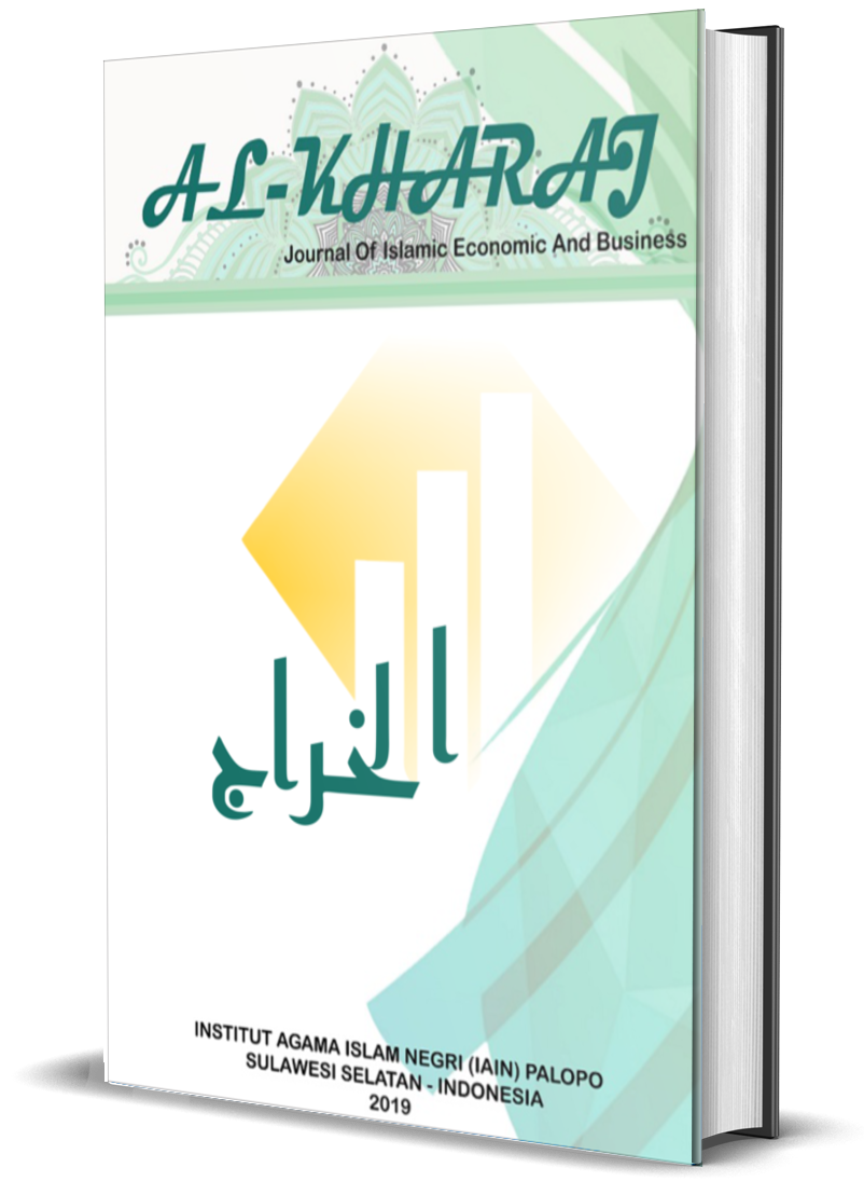Student Competencies: Hard Skills and Soft Skills Their Influence on Students' Job Readiness
DOI:
https://doi.org/10.24256/kharaj.v7i3.7865Keywords:
Hard Skills; Soft Skills; Job ReadinessAbstract
This study aims to determine the influence of hard skills and soft skills on student job readiness at a private economics and business faculty in Surabaya. This research is a quantitative descriptive study. The subjects were students who were active in organizations and had participated in internship programs. The sample size was 60 students (Class of 2021). Purposive sampling was used because the subjects had certain characteristics that matched the research objectives. Based on these criteria, the study respondents consisted of 37 students majoring in management and 23 students majoring in accounting. Data analysis was performed using the partial least squares (PLS) method. The results showed that hard skills and soft skills have a positive and significant influence on student job readiness.
References
Bassett-Jones, N. (2023). Strategic human resource management: A systems approach.
Routledge.
Byrne, Z. S., Weston, J. W., & Cave, K. (2020). Development of a scale for measuring students’
Attitudes towards learning professional (ie, soft) skills. Research in Science Education,
50(2):1-17.
Damayantie, A. A., & Kustini, K. (2022). Soft skill dan self efficacy sebagai faktor pembentuk
kesiapan kerja mahasiswa tingkat akhir FEB UPNVJT. Briliant: Jurnal Riset dan konseptual, 7(3), 670678.
Hasanuzzaman, T., & Sooraksa, N. (2022). Global employability skills in the 21st century
worksplace: A semi-systematic literature review. Journal of Businness and Management, 9 (11), e21023.
Hardi, F. L. (2020). Pengaruh hard skill dan soft skill terhadap kinerja karyawan pada sentra
industri boneka di Sukamulya Bandung. Brainy: Jurnal Riset Ekonomi dan Bisnis Mahasiswa, 1(1), 8–15.
Kasiram, M. (2010). Metodologi penelitian kuantitatif-kualitatif. UIN-Maliki Press.
Lyu, W., & Liu, J. (2021). Soft skills, hard skills: What matters most? Evidence from job
postings. Applied Energy, 300, 1007194.
Mahendra, D. Y., & Wulandari, S. (2023). Aktivitas organisasi dan dampaknya terhadap hard
skill mahasiswa. Jurnal Pendidikan dan Profesi, 7(2), 101–112.
Mustari, A. M. I. (2021). Pengaruh pengalaman magang dan minat kerja terhadap kesiapan kerja
(studi pada mahasiswa fakultas ekonomi dan bisnis universitas brawijaya). Jurnal Ilmiah Mahasiswa FEB, 9(2).
Nugroho, A., & Prabowo, R. (2022). Pengaruh pengalaman organisasi terhadap pengembangan
kompetensi kerja mahasiswa. Jurnal Pengembangan Sumber Daya Manusia, 10(1), 45–58.
Nurussyifa, R., & Listiadi, A. (2021). Pengaruh mata diklat produktif akuntansi, kompetensi
siswa, dan lingkungan keluarga terhadap kesiapan kerja melalui mediasi efikasi diri.
Jurnal Pendidikan Ekonomi Undiksha, 13(1), 164–177.
Putra, A. R., & Nurtanto, M. (2023). The contribution of student organization involvement to
the employability skills of university graduates. Journal of Education and Learning,
17(2), 145–153.
Putro, S., & Yuliadi, K. (2022). Pengaruh pemberdayaan, hard skill dan soft skill terhadap
kinerja karyawan Sanggar Seni di Yogyakarta. JRTI (Jurnal Riset Tindakan Indonesia), 7(2), 320–325.
Riyanti, S., & Kasyadi, S. (2021). Motivasi dan pengalaman praktik kerja industri
memengaruhi kesiapan kerja siswa: Studi pada SMK swasta di Kabupaten Bogor. Herodotus: Jurnal Pendidikan IPS, 4(1), 43–57.
Setiarini, H., Prabowo, H., Sutrisno, S., & Gultom, H. C. (2022a). Pengaruh soft skill dan
pengalaman magang kerja terhadap kesiapan kerja mahasiswa melalui motivasi kerja
sebagai variabel intervening (studi kasus pada mahasiswa FEB Universitas PGRI
Semarang). EKOBIS: Jurnal Ilmu Manajemen dan Akuntansi, 10(2), 195–204.
Spencer, L. M., & Spencer, S. M. (2023). Competency at work: Models for superior
performance. John Wiley & Sons.
Yusof, N., Ramli, R., & Amin, S. (2022). Enhancing graduate employability through student
engagement in co curricular and organizational activities. Asian Journal of University Education, 18(3), 126–138.
Downloads
Published
How to Cite
Issue
Section
Citation Check
License
Copyright (c) 2025 Rina Fadilah, Kustini Kustini

This work is licensed under a Creative Commons Attribution-ShareAlike 4.0 International License.
Authors retain copyright and grant the journal right of first publication with the work simultaneously licensed under a Creative Commons Attribution-ShareAlike 4.0 International License. In line with the license, authors are allowed to share and adapt the material. In addition, the material must be given appropriate credit, provided with a link to the license, and indicated if changes were made. If authors remix, transform or build upon the material, authors must distribute their contributions under the same license as the original.









